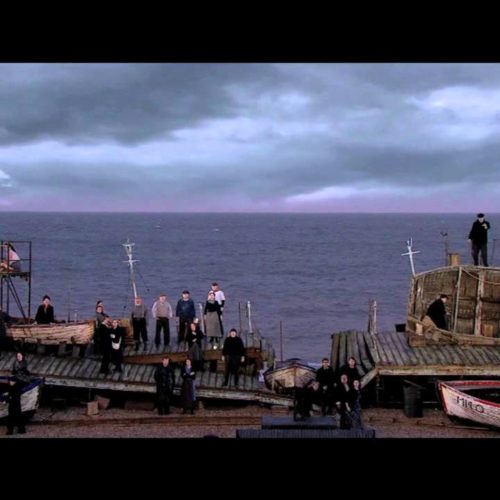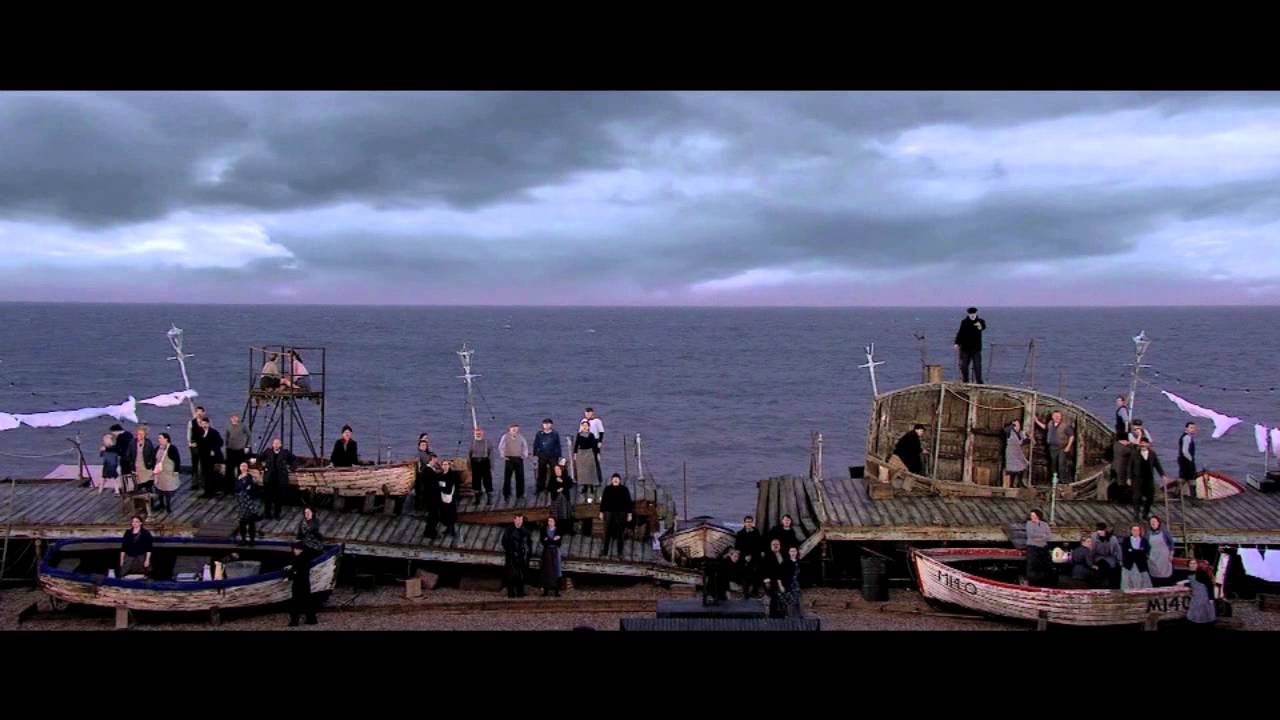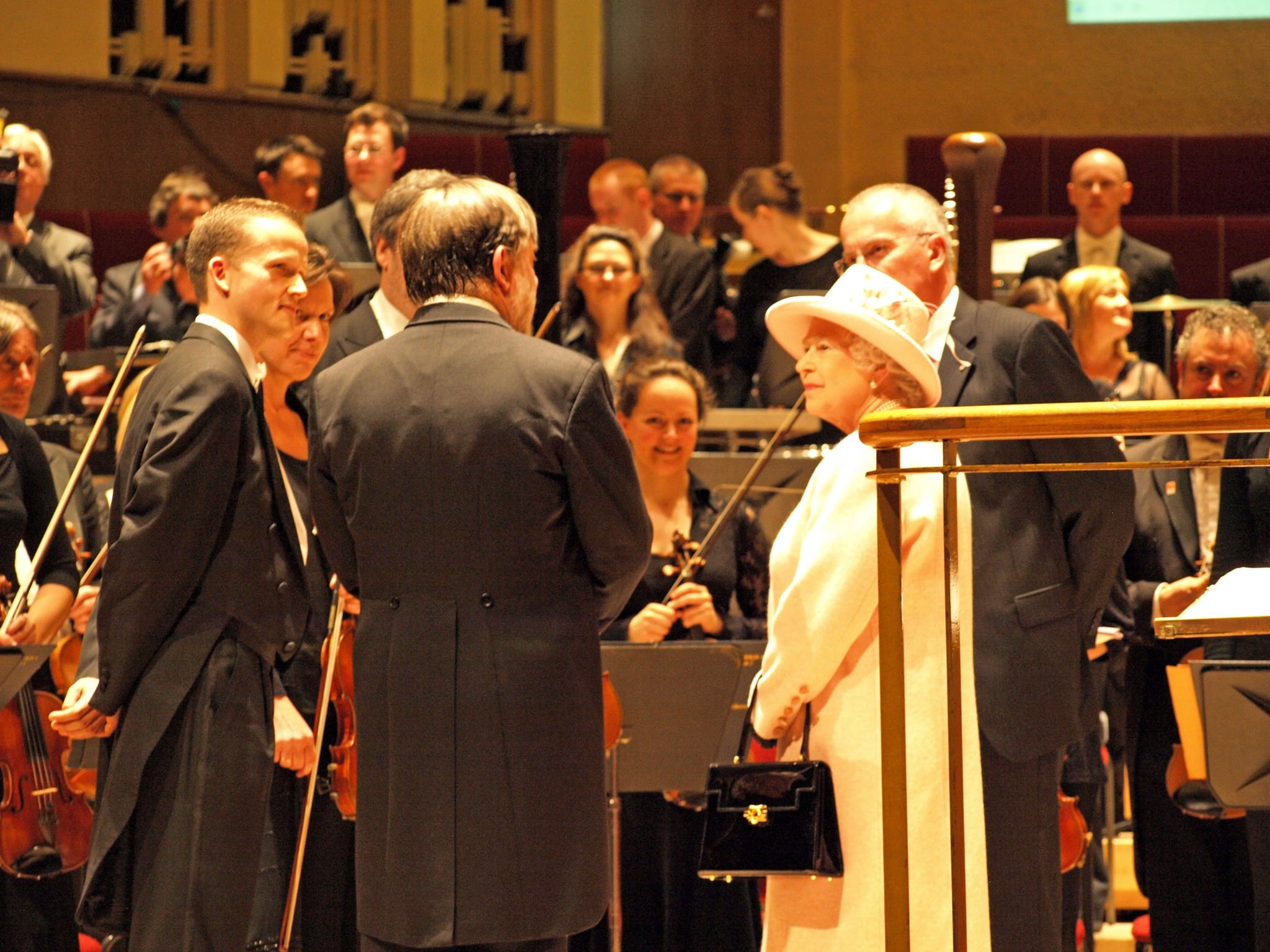The Slipped Disc daily comfort zone (86): The sea, the sea
mainPossibly the most evocative piece of music ever written on the east coast of England (except Messiah).


Possibly the most evocative piece of music ever written on the east coast of England (except Messiah).

Statement by the Berlin Phil: It is with…

The composer Michael Tippett referred to him as…

The sad death of Sir Andrew Davis brings…

The International Malko Conducting Competition has ended in…

Session expired
Please log in again. The login page will open in a new tab. After logging in you can close it and return to this page.
To be fair, Messiah is very evocative, but it doesn’t evoke the sea. (…Does it? I never thought so.)
Remarkable. In what year was this recording made?
1978.
At least, my copy says “(P) 1978.” The booklet doesn’t give the “recorded on ______ at _______ Studios” info that they sometimes do, so the actual recording could have been done in 1977?
Thank you. That was about my guess, or possibly earlier. I asked because the recording has that very unique British brass sound that was so unique–and now sadly, largely lost. Hence my thought that the recording must be older.
I wish more were written about the long lineage of British thought that created Benjamin Britten, ranging from the pre-Raphealites to the aesthetes of the early 20th century. He did not just appear; he was the culmination of a remarkable intellectual and artistic history so strangely unique it has no comparison.
I don’t know if “evocative” would be my description of it.
Grimes is a tragic opera and there’s a bit of a tragic undercurrent throughout, even during these orchestral interludes. Britten treats the villagers as backward and provincial. It’s not a warm and fuzzy place you’d want to go to. I would say more “atmospheric, with a dark undercurrent”. It’s certainly great music, yes.
Definitely evocative of that whole environment — not just the sea, but the sea, and the village, and the villagers.
And it might be important to note that the opera is actually set in the early 19th Century. There’s a tendency for it to be staged in a between-the-wars or maybe post-WWII time frame. (In the production I played in, the Boy was shown playing with a toy airplane — excuse me, aeroplane 🙂 — in his idle moments.) Not that there wouldn’t have been a plentiful supply of bigotry and provinciality (is that a word?) in small villages then, either.
Not forgetting: https://www.youtube.com/watch?v=adHMxiNlgXM
And these startling piano pieces by William Baines from 1920, inspired by – and written partly on – the East Coast, foreshadow the Britten in many ways: https://www.youtube.com/watch?v=fJxFTMrf2M0
This is why I come to SD!
Thanks for the tip Simon.
Elgar’s ‘Sea Pictures,’ Norman?
https://www.youtube.com/watch?v=GauIMo8Manc
It is so obvious that he knows the sea, studies it and watches how the tides come in and out , how it moves, advances and recedes.
“Our cells remember the sea-salt or their origin, and the turnings of the tide.”– Robinson Jeffers
don’t forget THE SEA by FRANK BRIDGE; a masterpiece
and check out on youtube F-X Roth singing a la Trenet ‘La Mer’ as an encore in Koln
Absolutely agreed, pjl, I think Britten’s sea pictures become even more interesting once you know Bridge’s beautiful suite, and hear them in conjunction with Bridge’s suite. Britten’s music becomes not just evocative on its own, but a fascinating tribute with more than a few parallels. The Vernon Handley recording on Chandos is particularly vivid sounding in both works. Particularly if your sound system has some oomf in the deep bass department.
And when I say they are “evocative,” to address Barry Guerrrero’s perceptive comments above, one could make the case that the sea is the only sympathetic character in the entire opera.
One of Andreas Delfs’s rare failures of imagination with the Milwaukee Symphony was when he had the notion to combine and intermingle the movements of Britten’s Peter Grimes sea pictures and Debussy’s La Mer. It was to the detriment of both.
Ouch. That doesn’t sound like a good matchup. Still, you don’t know if an experiment will work until you try…
Agree about the sea as a character in “Grimes.” It’s the only non-judgmental character in the opera; tellingly, only Grimes seems to regard it as a friend.
Debussy La Mer – written during and after a stay in Eastbourne…………that’s evocative too, but I know Norman doesn’t like Debussy (?!?) – so it’s Britten, and of course the Britten is superb.
Eastbourne isn’t on the East coast, though!
Yes, true.
Getting away from England, Hugo Alfvén’s 4th Symphony “From the Outermost Skerries” is a magnificent evocation of sea, love, and some say, sex.
Lark Ascending is it for me.
I must have dreamt about posting Delius’s “Sea drift” to Walt Whitman’s verse, Another grand sea-piece is the spot at the very end of Mendelssohn’s “Scottish” symphony, when the tide turns and rolls in with another tune, to join Fingal’s cave and the Hebrides off another shore, musically if not geographically.